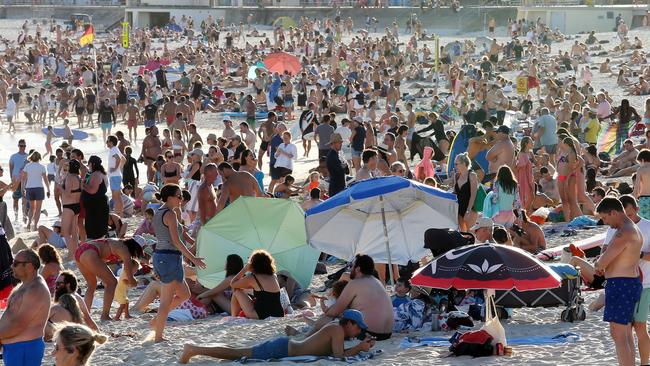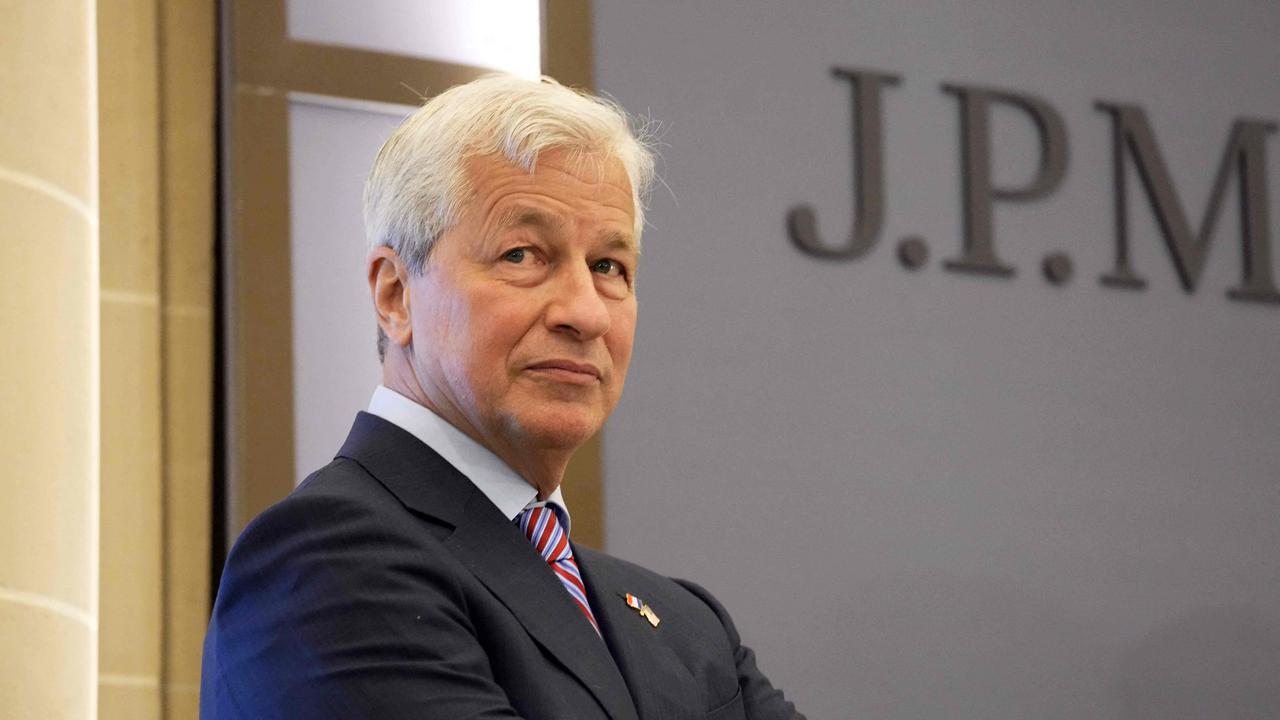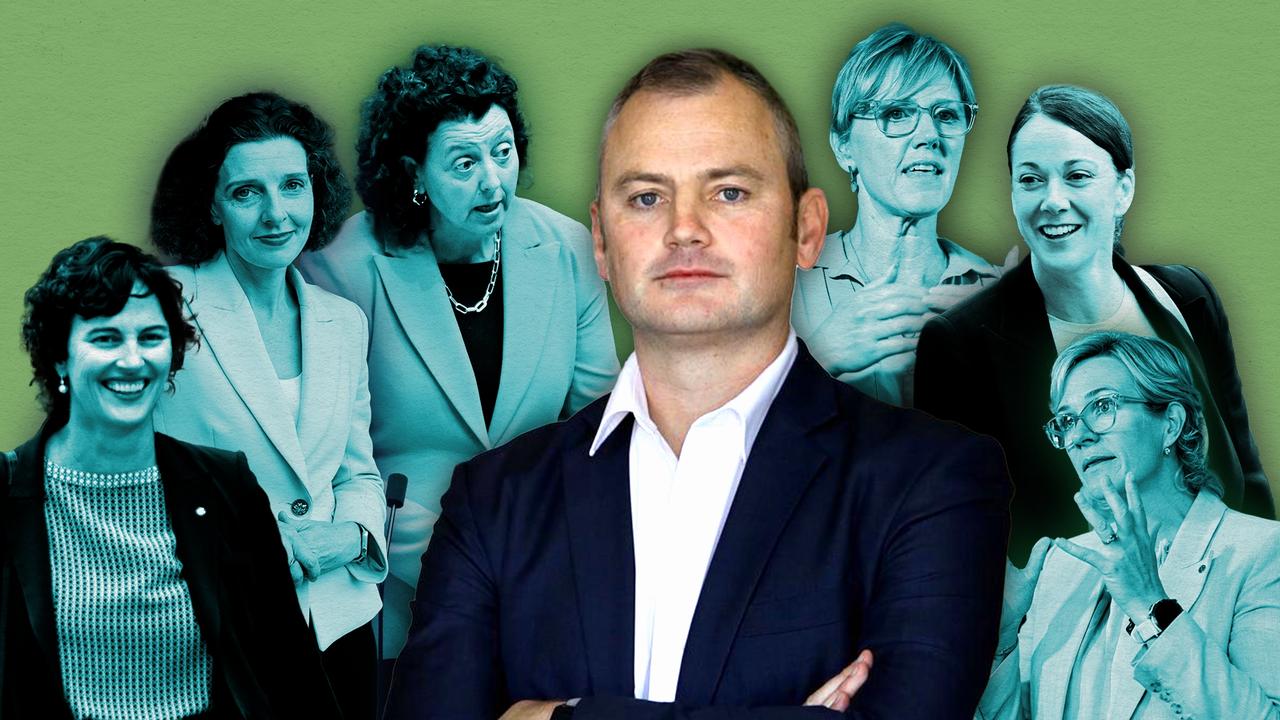
You can answer that question, anonymously, in the comments section online. For most people, the number will be small.
You’ve got your children, your partner and your parents, your brothers and sisters and grandparents — and that’s where many will stop. These are the people for whom they’d sacrifice their lives.
Whatever they need during this crisis, you’ll be telling them to take.
No, really, I’m not hungry.
Yes, go on, you have it.
It’s for them that you want to find hand sanitiser and toilet paper. They knock on the door, homeless and jobless, what do you say? Come on in. I’ll make up the spare bed.
As for everyone else … well, have you heard about “caremongering” yet?
It’s a new term, designed to conquer scaremongering. And it’s a good example of just how quickly our circles of care are expanding during this crisis.
#Caremongering
— Future of Good (@futureofgood) March 17, 2020
/ kerˌməNGɡ(ə)riNG/
Noun: a movement rapidly spreading across Canada to spread kindness and help others in their communities (particularly those most vulnerable to #COVID19) ðŸ˜ï¸https://t.co/4mdPcyUWdG pic.twitter.com/Wk44RpvbkX
Instead of hoarding toilet paper, some people are encouraging their children to take a two-pack over to whichever little old lady is living in their street. That’s caremongering.
Caremongering started in Canada, with a young woman, Valentina Harper, telling the BBC: “It’s spread the opposite of panic in people.”
The same can be said about Pandemic Penpals.
A mother from Geelong, Victoria, came up with the idea, but you, too, can have a go: ask your children to write a few letters — maybe don’t lick the envelopes? — and drop them in some random letterboxes around your neighbourhood.
“Hi, we’re from No 9, do you want to be Penpals for the Pandemic?” People start writing to each other and the children get a thrill from finding an actual letter in the box, and can’t wait to write another one.
Rainy morning in Sacramento & I’m briefly leaving house to post the first 4 letters in my #PandemicPenpals project. 48 left to write, LOL pic.twitter.com/ZcC7MOKT8s
— Naomi J. Williams (@NaomiWilliams) March 16, 2020
Some landlords are forgiving rent. Coffee and cake have been delivered, free of charge, to healthcare workers.
Small shop owners are keeping staples, like toilet paper, behind the counter for elderly regulars.
Caremongering trumps scaremongering. It also counters “covidiocy”, another new term, to describe silly behaviour during this very serious health crisis.
Heading to Bondi to commune with other bodies beautiful on the day of a lockdown? That’s covidiocy. Getting off a cruise ship and wandering into Westfield to do a little shop? You’re a covidiot.

Hoarding toilet paper? This is tricky. Hoarding can be a form of care. It’s not irrational. It in fact makes sense to have supplies on hand, during a crisis. People are worried about their families, and this seems a useful thing to do.
But we are seeing both during this crisis: random acts of kindness and utter selfishness.
Human beings are easily capable of both, but who, at the base, and deep in their bones, doesn’t want to be a good person?
That’s the instinct public health officials are trying to reach, with all the public health messaging.
This is a crisis.
We need to stick together.
We have to help each other.
To save all the lives we can.
To save all the jobs we can.
To spread all the cheer we can.
"If your children have concerns about #COVID19, addressing those together may ease their anxiety.
— Dr Christine Grové 🌈 (@DrChrisGrove) March 16, 2020
Children will observe adults’ behaviours and emotions for cues on how to manage their own emotions during difficult times."
RT @WHO pic.twitter.com/lBl5uJKO0V
Monash University’s Christine Grove, a lecturer in educational psychology, says: “In the face of all the gloom — and the panic — the coronavirus emergency is bringing out the best in some of us.”
She’s personally letterboxing neighbours just to let them know she’s around to help, if needed.
Then you’ve got the Good Karma Network in Melbourne, flooded this week with thousands of Facebook posts from people offering essential household supplies to others in need.
Why? Because it feels good to help other people. And because the alternative is every man for himself, and that does not end well.








How small is the circle of people you truly care about?